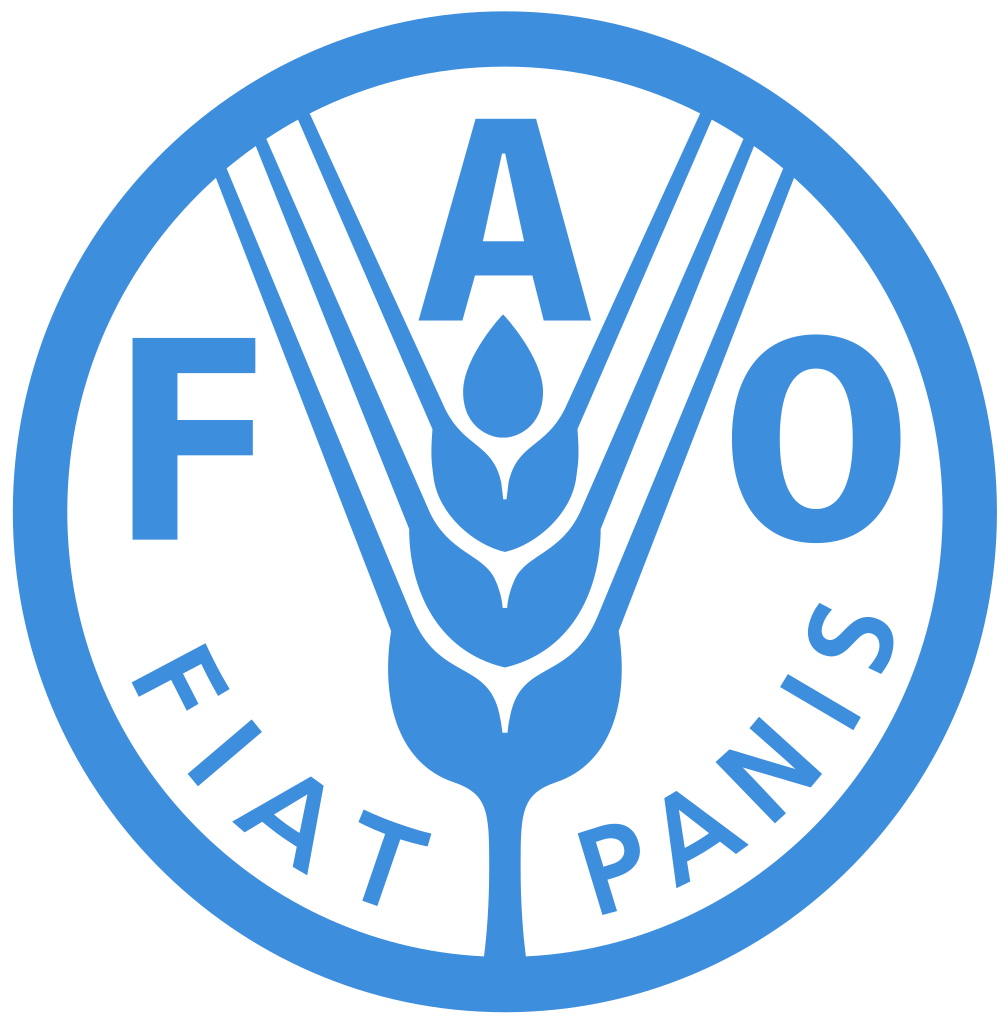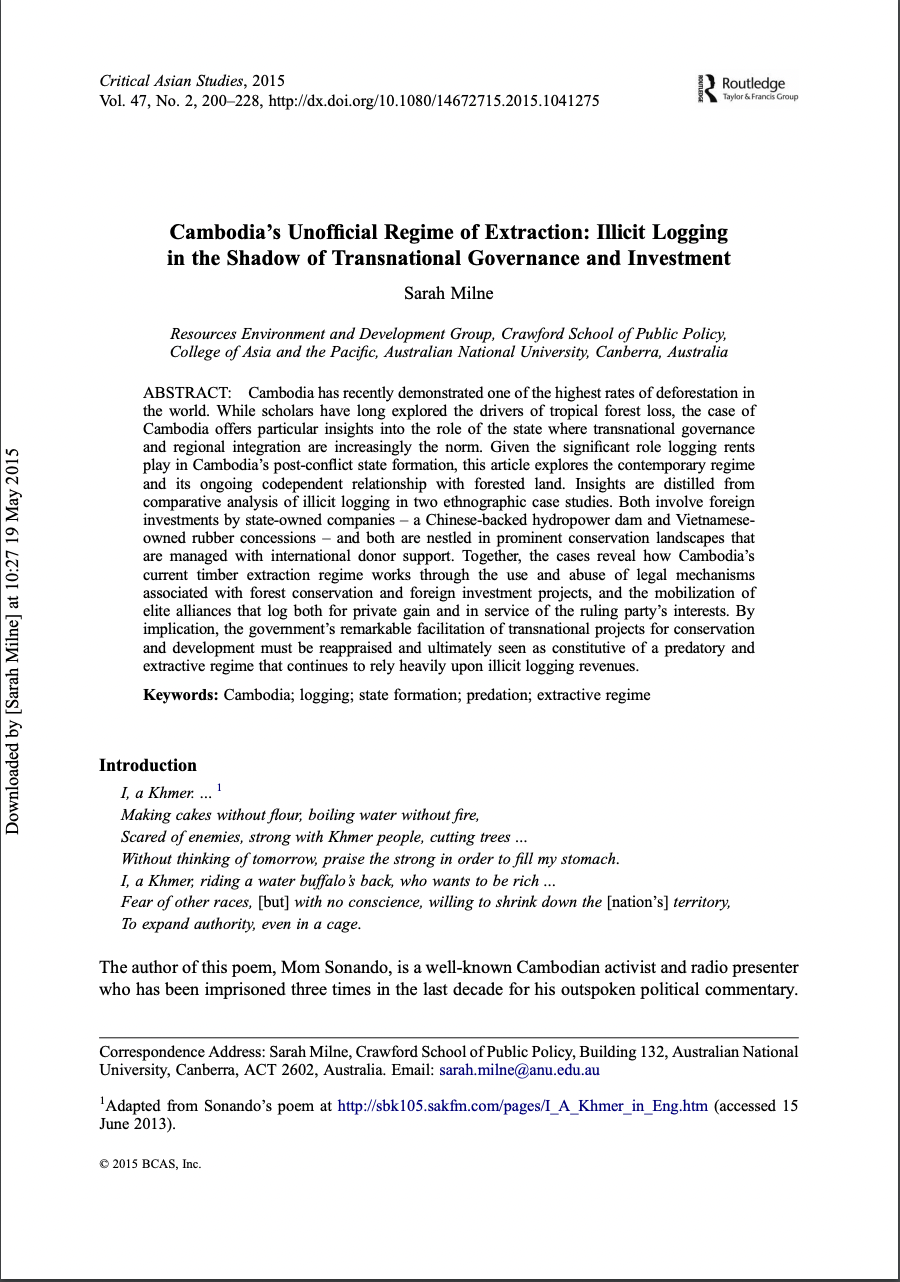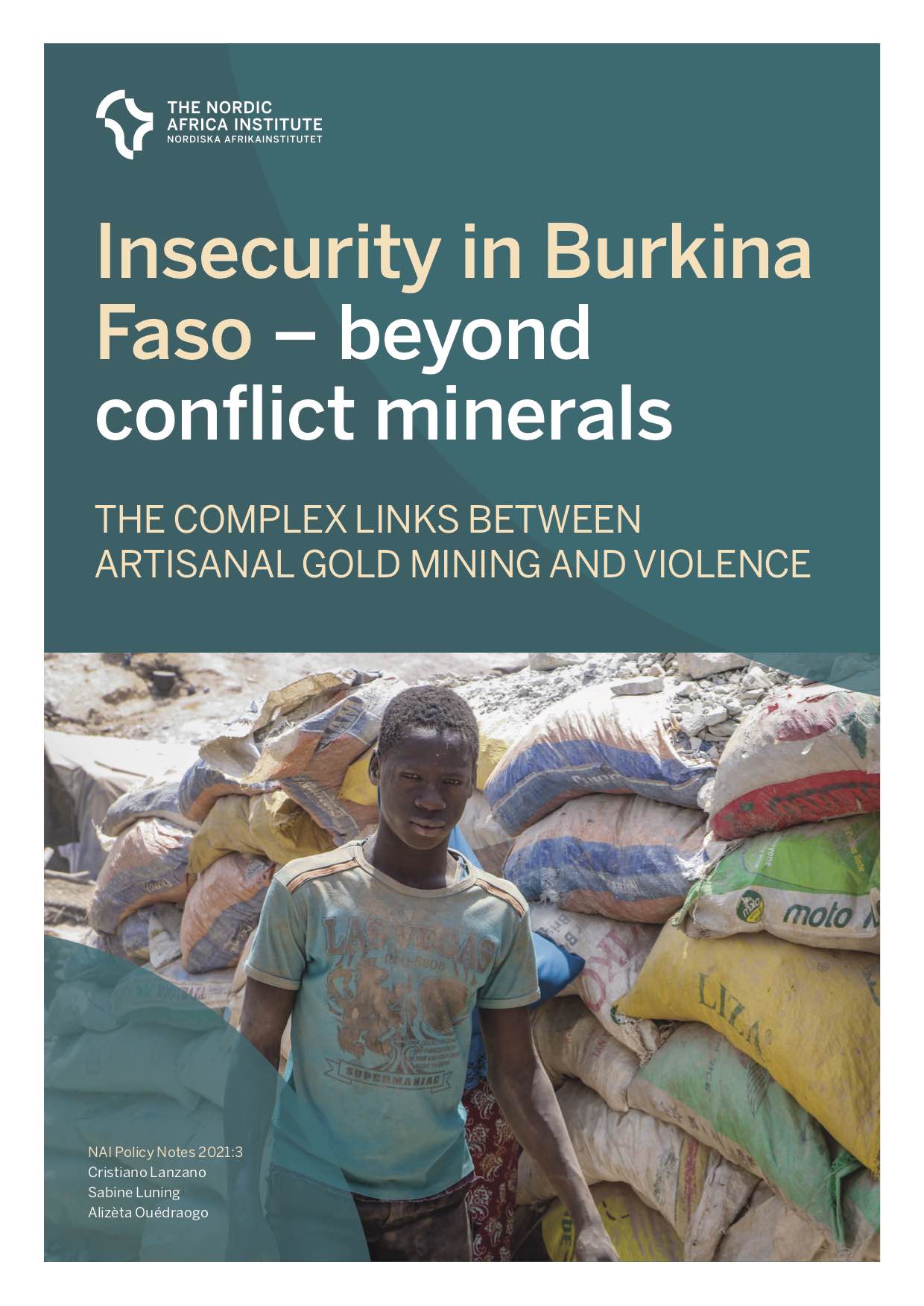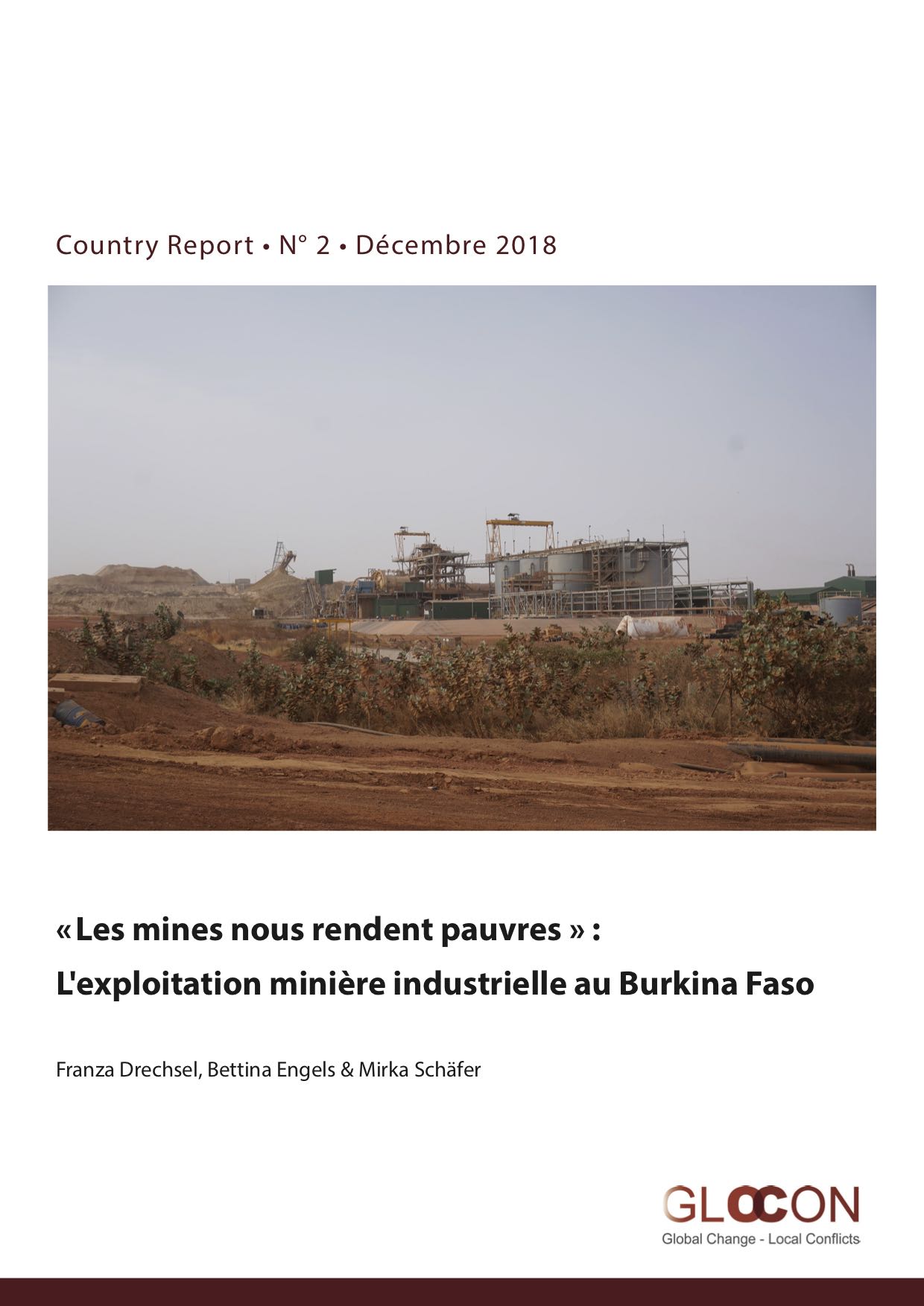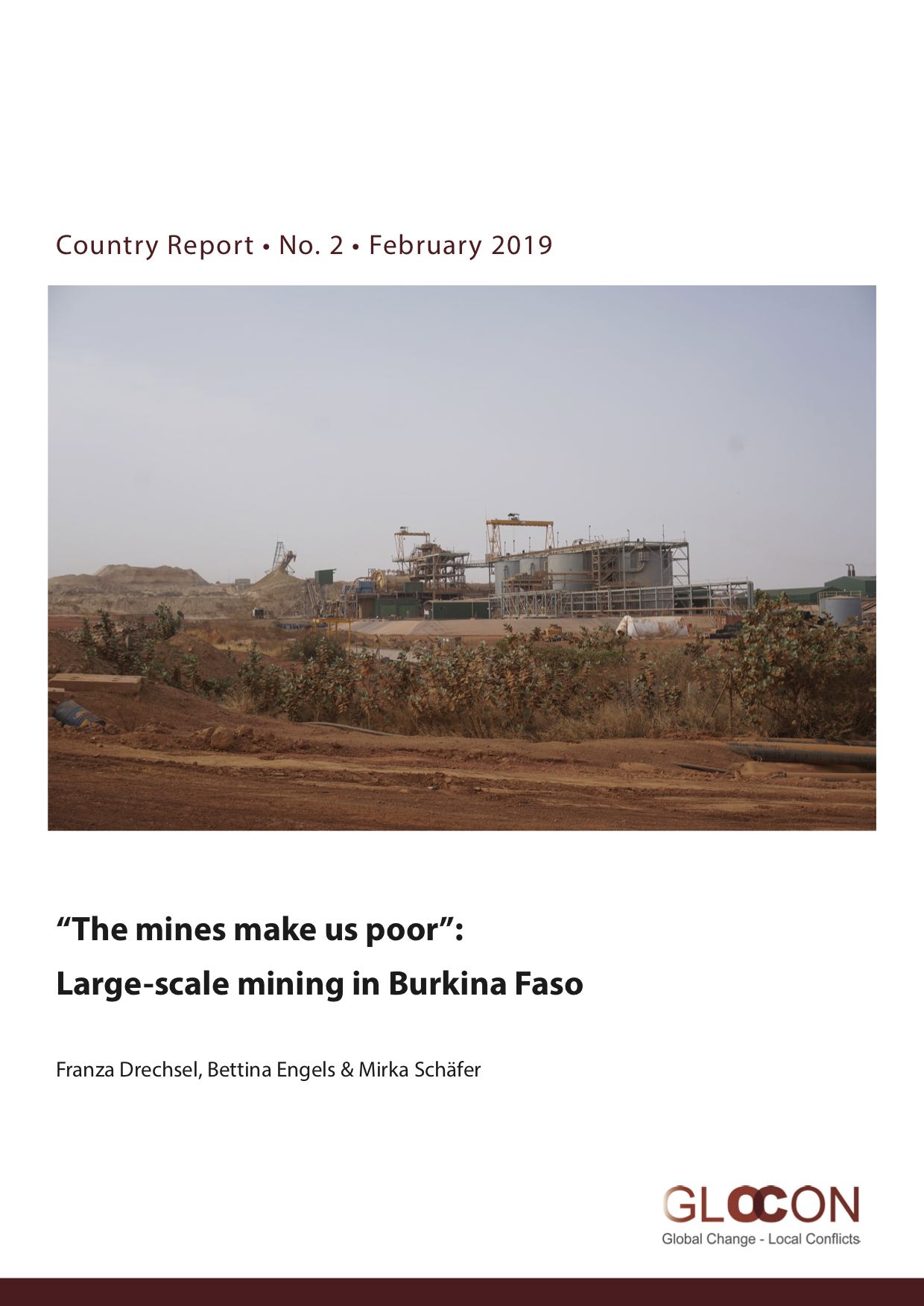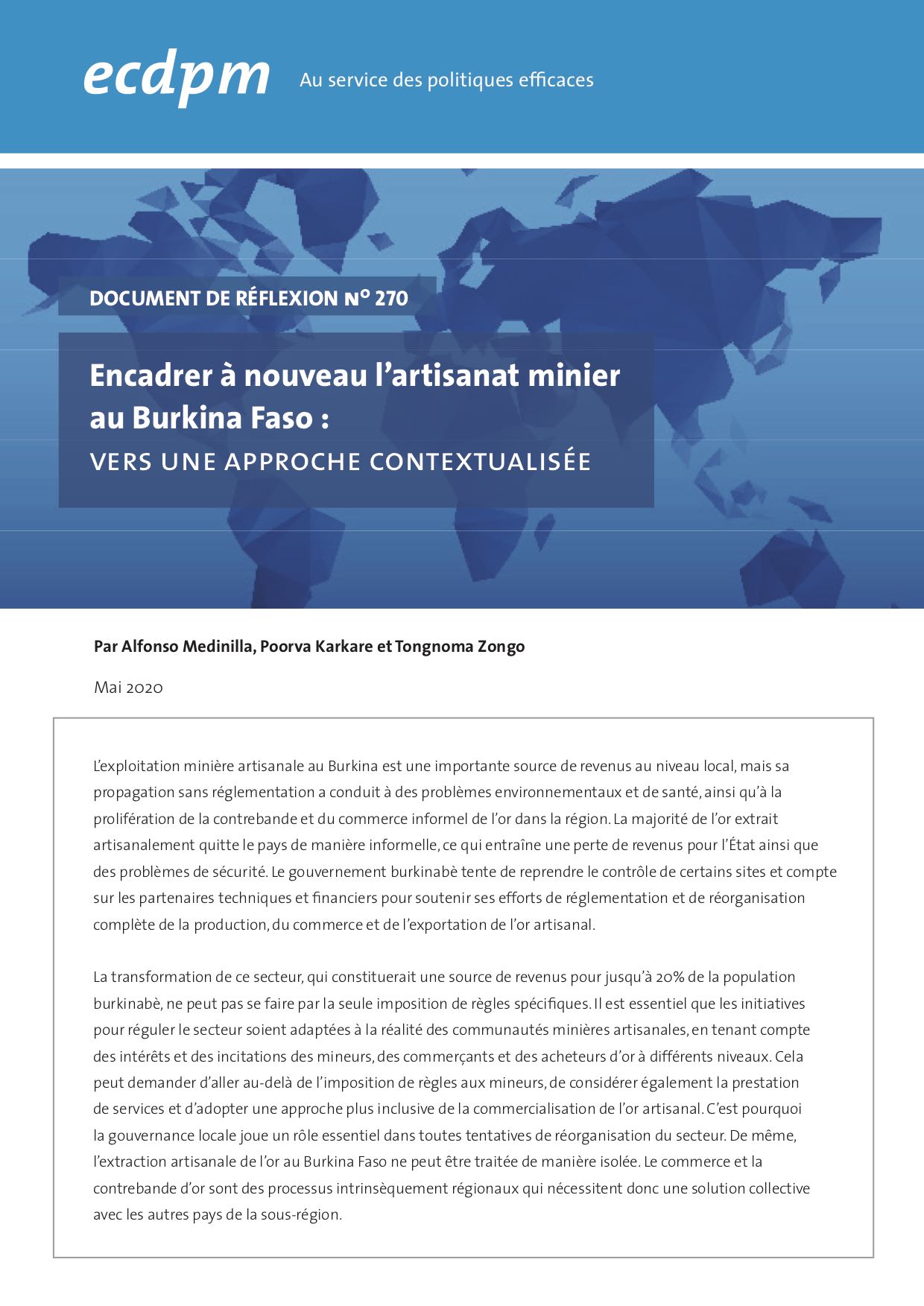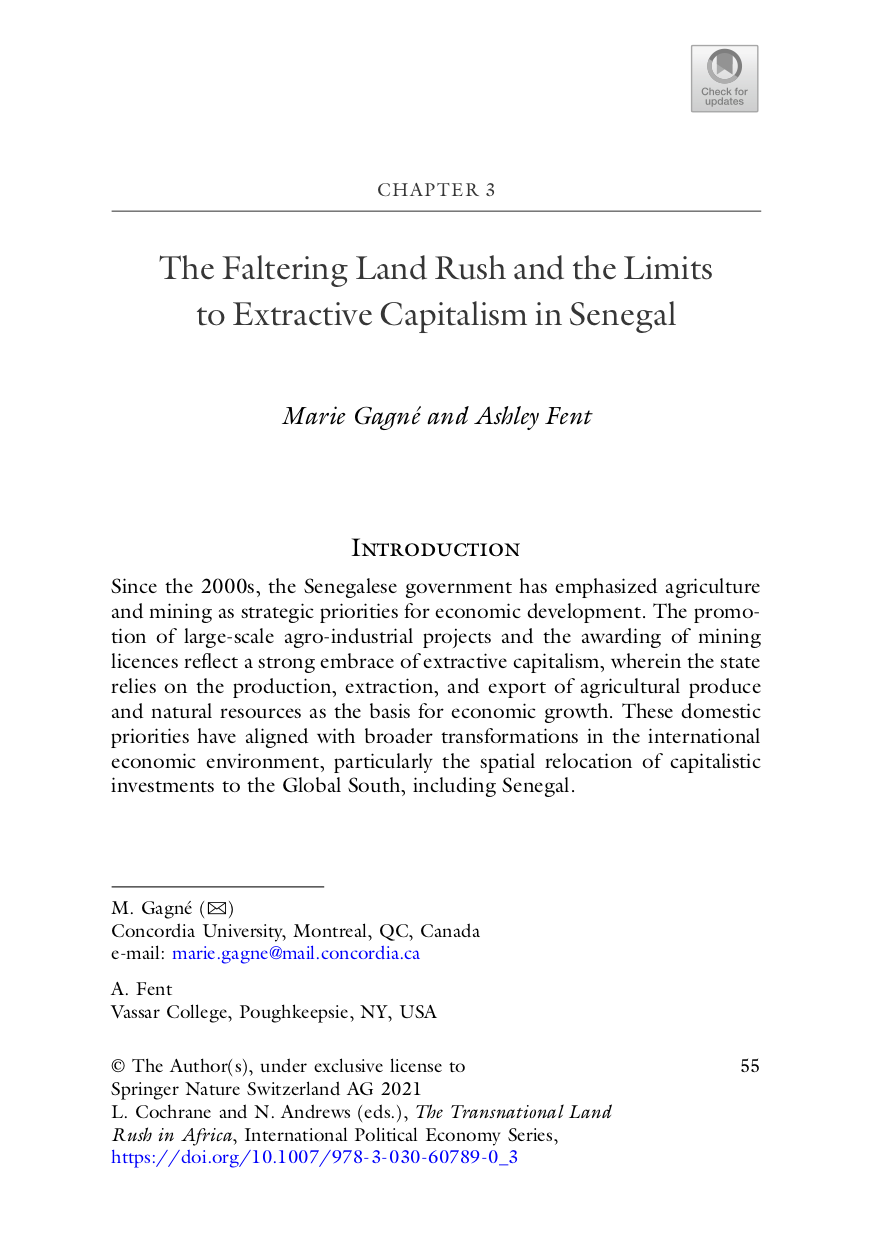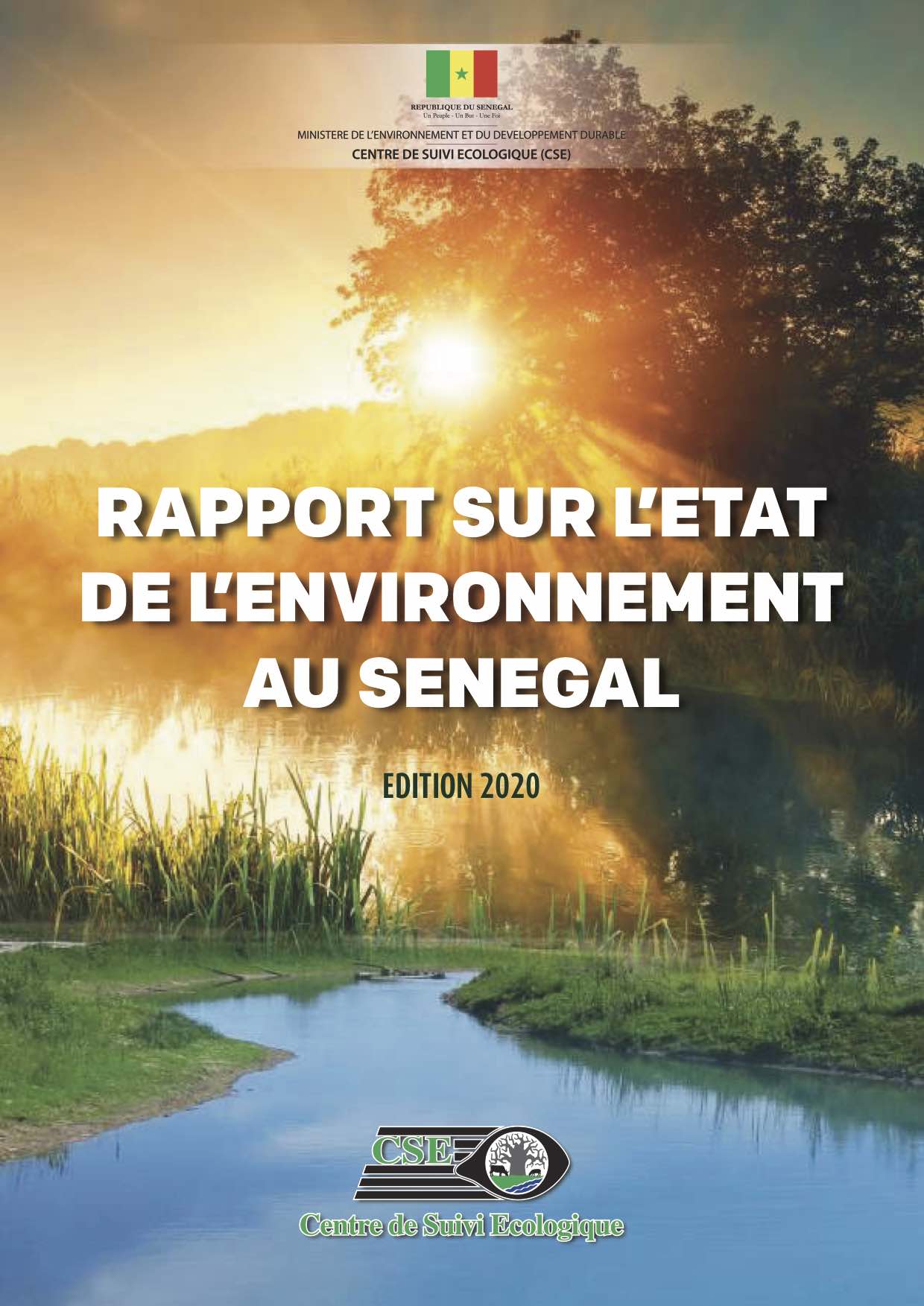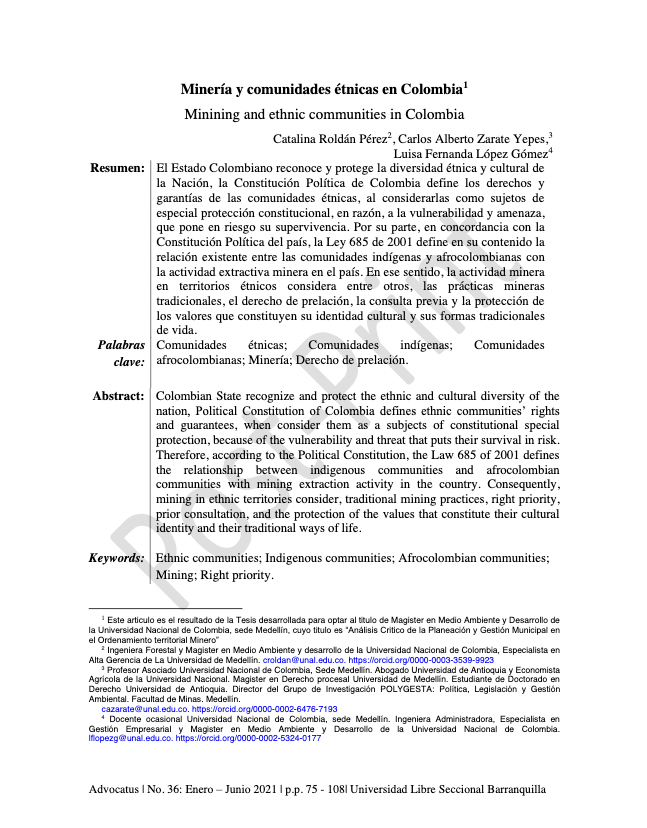Land conflict resolution: case studies in the Philippines
This article summarizes the nature of land-related conflicts in the Philippines within the context of the prevailing agrarian situation throughout the country. An analysis of the agrarian institutions and different types of development that have occurred in a number of regions provide a broad representation of the current situation.

